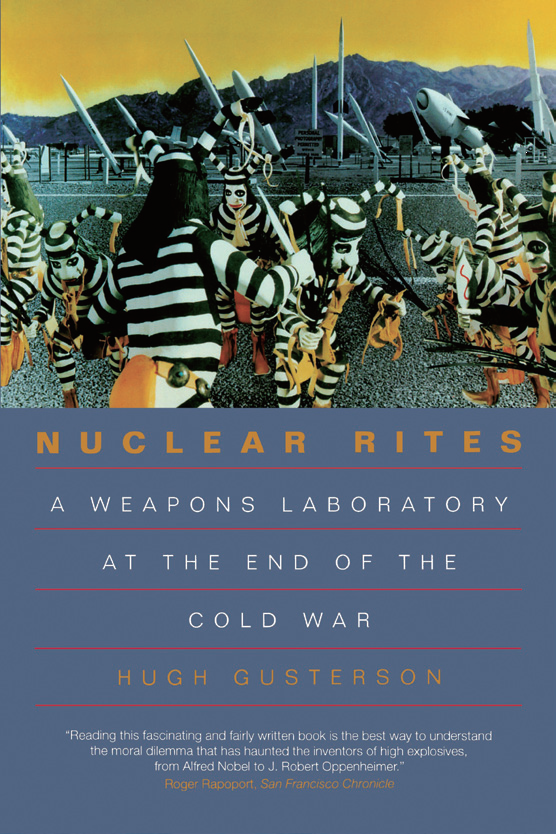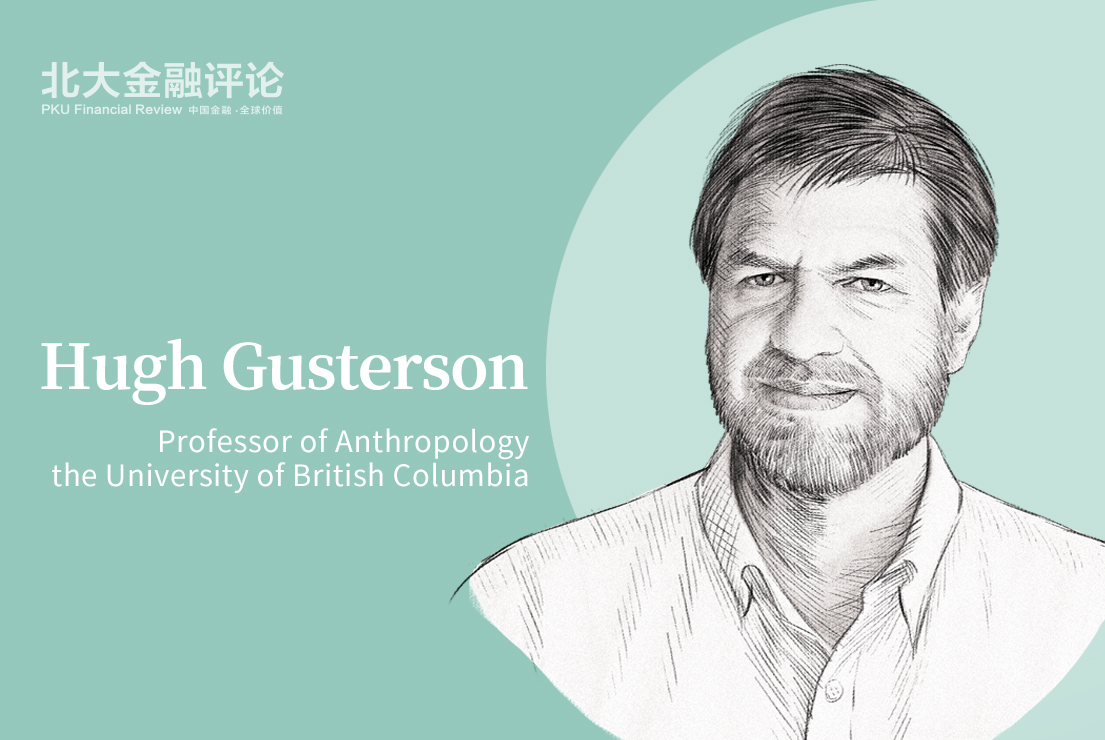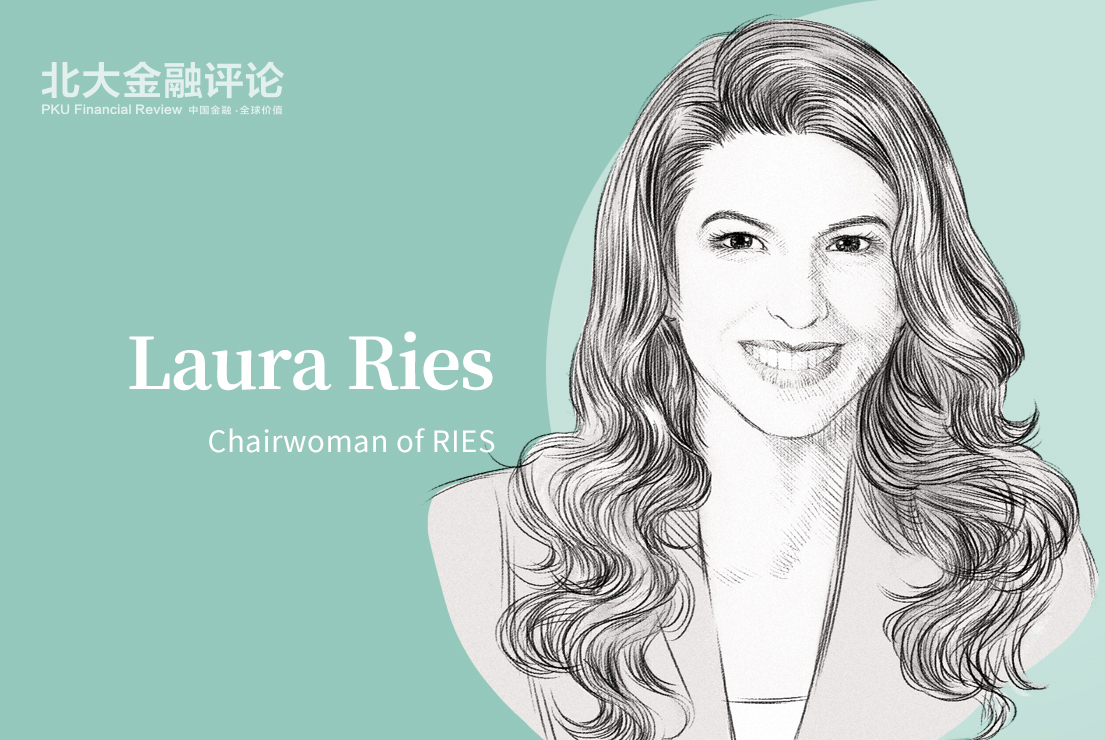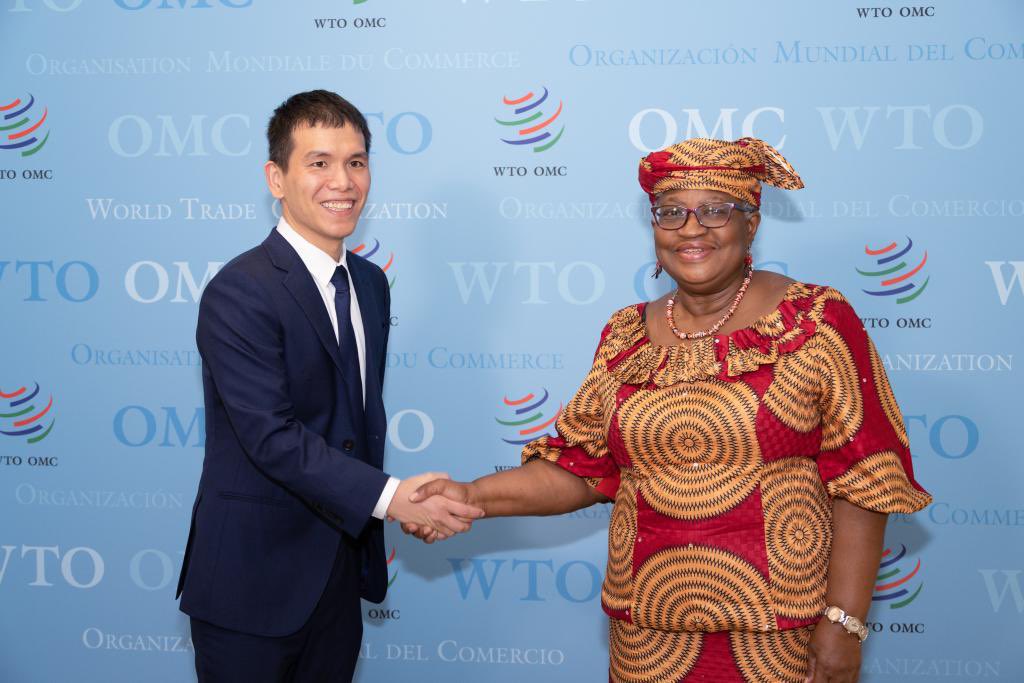As a professor of anthropology at the University of British Columbia, Hugh Gusterson focuses on nuclear culture, international security and the anthropology of science. In the interview with
PKU Financial Review, Hugh Gusterson states that, the accidental activation of nuclear weapons — especially when poor decisions are made under the pressure of a crisis rather than an intentional nuclear attack—remains the greatest nuclear threat in our world.
PKU Financial Review: At present, Putin has begun to clamour for a nuclear war against parts of Ukraine, which has almost terrified the whole world. This can be said to be the biggest and most realistic nuclear threat that mankind has encountered since the disintegration of the Berlin Wall. What do you think of the future development? Does this mean that loose global "nuclear commitments" have little substance? How should a strong "global nuclear deal" be rebuilt?
Hugh Gusterson: I do not think today is the most realistic nuclear threat since the disintegration of the Berlin Wall. We were in more danger on January 25, 1995, when Russian early warning systems mistook a Norwegian research rocket for a nuclear attack and began to activate protocols for a nuclear attack on the United States. (See
https://en.wikipedia.org/wiki/Norwegian_rocket_incident ). Accidental use, especially in a crisis when decisions are made under pressure, rather than deliberate use of nuclear weapons, remains our greatest danger.
However, Vladimir Putin's threats to use a nuclear weapon do undermine the "nuclear taboo" — the general understanding that these weapons are so destructive that they cannot be used like other weapons, and their use should only be threatened when a nation's very survival is threatened. But taboos can be strengthened by the general reaction to their transgression. Thus it is important that so many nations have condemned Putin's threats and that the U.S. has indicated that it would respond to use of a nuclear weapon in very destructive ways that would NOT include use of a U.S. nuclear weapon. This reinforces the notion that nuclear weapons are so terrible they are not to be used — even in response to their own use.
After the Cuban Missile crisis the superpower leaders were so shaken by what had happened that they negotiated the world's first nuclear arms control treaty (the Limited Test Ban Treaty) in only 12 days. It would be good if fears that the war in Ukraine could go nuclear provoked a similar response when this war is over.
PKU Financial Review: Due to climate warming, nuclear energy may be an option that all countries in the world have to consider in order to reduce carbon emissions. Countries may have to build more small nuclear reactors, and the risk of war makes these small nuclear reactors a very tricky problem, because war can lead to more nuclear leakage from so many small nuclear reactors – just like the risk faced by the Pivdennukrainsk nuclear power plant in Ukraine. What do you think about this issue?
Hugh Gusterson: I would rather missiles destroyed solar farms than nuclear reactors. Nuclear reactors take so long to license and build that they are unlikely to head off climate change on the urgent time-scale now before us.
PKU Financial Review: Nuclear Rites: A Weapons Laboratory at the End of the Cold War is a very enlightening book, because through your field research on Lawrence Livermore National Laboratory, we can see what the scientists in the Nuclear Weapons Laboratory think, what cultural concepts they hold, and how the anxiety of the middle class under the threat of nuclear weapons affect these scientists? However, for some emerging nuclear weapon powers, many scientists adhere to the concept of "ending war with war and ending the war with force", that is, the stronger the nuclear weapons, the less likely there will be a nuclear war. What do you think of this idea?
Hugh Gusterson: If someone told us we could have planes with no plane crashes, mines with no mining accidents, surgery with no mistakes that killed patients, we wouldn't believe them. Accidents happen. People cut corners because they are lazy, or to save money. And people cannot foresee every possible accident. Why would we believe that human beings can have nuclear weapons indefinitely without a weapon ever exploding and killing people? Do we think humans are so perfect? Eventually there will be an accident or a crazy leader.
PKU Financial Review: The mutual understanding of countries in the world is misplaced. After the fall of the Berlin Wall, the United States has been fighting all the time. As you said, “War is represented as an unfortunate obligation thrust upon the exceptional nation, the United States, by a dysfunctional world which the United States has a salvationist responsibility to mend, albeit by force of arms.” The United States feels that it is through the authorization of the international community to wage a "humane war" — for example, to prevent the next Rwanda massacre in Africa. The United States also regards the Russian Ukrainian war as an "inhumane war". But obviously, many countries don't see it this way. They feel that the United States has the power to strike at any opponent in the world. For example, Russia is worried about NATO's approach to its border. What do you think of this "cognitive dislocation"? Can the United States allow the world, especially the nuclear-weapon powers, to have a tacit understanding of security?
Hugh Gusterson: I see the wars in Afghanistan and Iraq and the war in Ukraine as quite different. In Afghanistan and Iraq the U.S. made up pretexts to invade other countries where their military forces were not welcome, and — to simplify — that is why they provoked insurgencies and lost both wars. (You might think the U.S. would have learned its lesson in Vietnam, but apparently not). In Ukraine it is Russia that has invaded a country where it is not welcome and the U.S. is aiding a country's struggle for freedom and self-determination (even if the U.S. also has geopolitical motives for giving aid to Ukraine). I have argued that it is possible the Ukraine War could have been avoided had the U.S. shown more generosity to Russia after the end of the Cold War by not rushing to expand NATO and stationing missile defense systems in former Warsaw Pact countries. We cannot rerun history, so there is no way to know if my argument there is correct. But once Russia invaded Ukraine, violating the laws of war as it did so, other countries had every right to aid Ukraine.
There is a larger question here about postcolonial spheres of influence. The U.S. has always declared that it has a sphere of influence in Latin America, and other countries are not to have military bases there, regardless of what those countries themselves might want. During the cold war NATO and the Warsaw Pact constituted spheres of influence protected by two superpowers' nuclear weapons. Now Russia is trying to declare a nuclear-protected sphere of influence that includes Ukraine — regardless of what Ukrainians want. We have to find a way to organize the world such that countries like the US and Russia feel secure from threats that they legitimately fear (NATO forces in Ukraine, for example) while allowing countries such as Ukraine, Poland, Cuba and Mexico to determine their own destinies.
 * This article was initially published in PKU Financial Review.
* This article was initially published in PKU Financial Review.
















